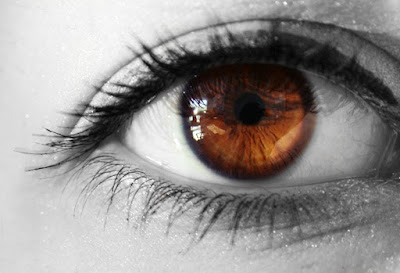
For the first half of the semester, students spent a great deal of time and effort reading, learning, analyzing, reflecting upon, and discussing moral theories. That was just the groundwork, the preparation necessary for seriously and critically thinking about the primary subject of our course, “contemporary moral issues.” In the second half of this semester, we focused our attention on our lives qua moral agents who are shaped, influenced, and oftentimes determined or restricted by our interactions with various technologies, as well as the merits and demerits of our (social and political) interactions with each other via various technologies. The Technology and Human Values final project is students' opportunity to put all of that knowledge and reflection to good use.
The philosophical and theoretical work students have done this term, the discoveries they’ve made about the way they value and evaluate their world, its problems, its virtues and vices, is not merely "navel-gazing" work. Philosophy equips us with the skills for honestly and critically evaluating our world, permits us to conceive of a different and better world, and provides us with the tools for figuring out how to make it so. Technology, in different but equally important ways, does the same. As I tell my students when I assign the project:
Not every idea needs a tool, but every tool needs an idea.
The Technology and Human Values Project is students' opportunity to think, critique, imagine, evaluate, collaborate, and innovate in all the ways that their generation is uniquely capable of doing and which they are (unfortunately) so infrequently given the chance to do. They have the ideas and the skills to make the world better than it is. Now, they have invented the techne, the tools, to make that "better world" possible.
I encourage you to join us this Saturday, December 10, from 12-2pm in Spain Auditorium (Buckman Hall) on the campus of Christian Brothers University for the #CBUTechValues competition finals. (Let us know you're coming on the Facebook event page here.) This event is free and open to the public. Winners will be determined by audience vote.
The finalists' technologies will be addressing a number of contemporary moral, political, and social problems, including (but not limited to): illiteracy, campus safety, depression and anxiety, homelessness, educational inequalities, childhood and adolescent obesity, social "disconnection," and the many and varied challenges arising from language barriers. Come see CBU students hack the future this Saturday!








































